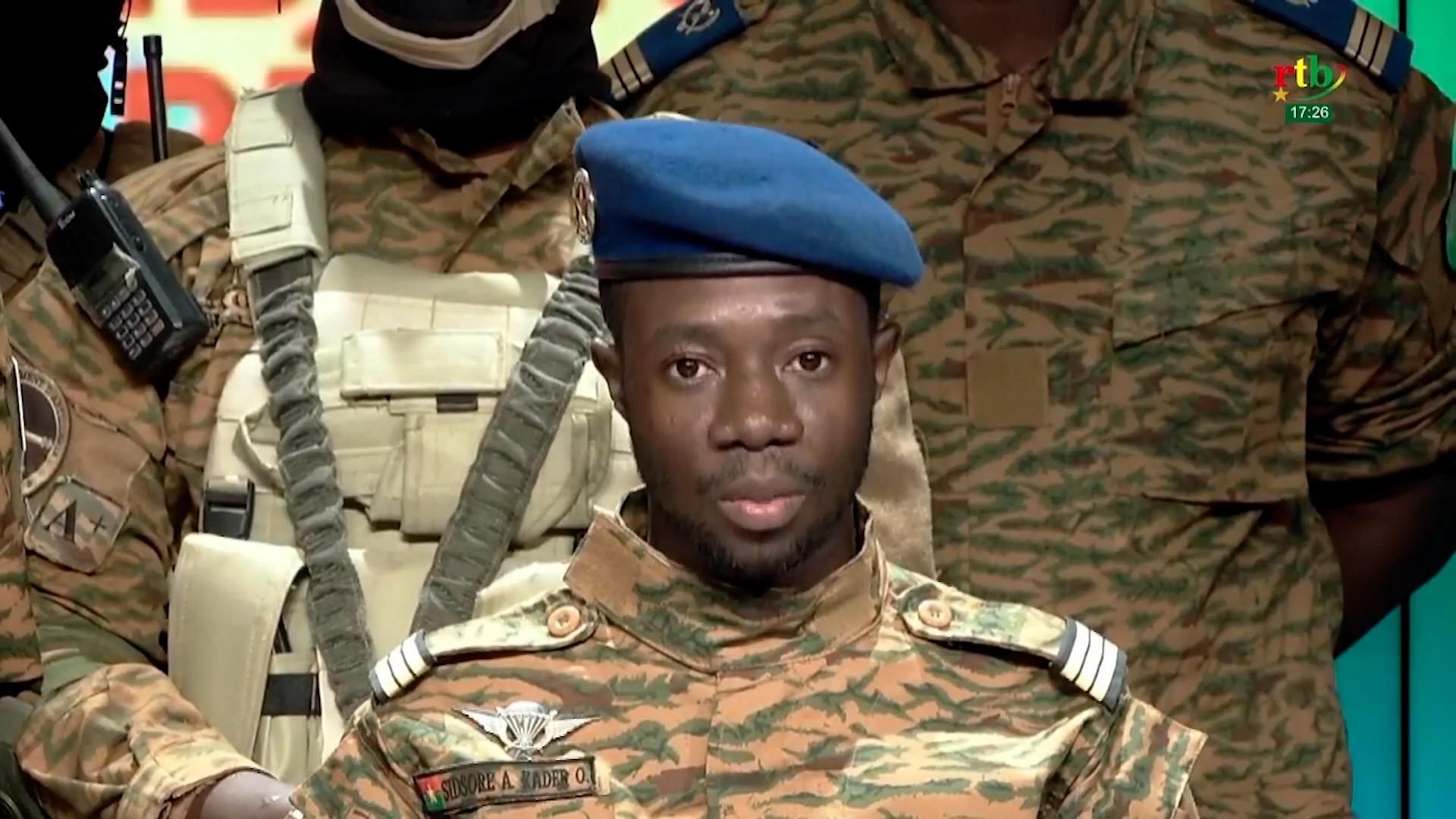Another coup in volatile West Africa. Monday’s military coup in Burkina Faso is the fourth armed takeover of a West African government in just 17 months. As in neighboring countries like Mali — which has had not one but two coups since 2020 — it will be hard for outsiders, like the African Union and the regional group ECOWAS to reverse this assault on an elected government. Why? For one thing, al-Qaeda and Islamic State-affiliated militant groups are winning battles with soldiers and killing civilians in barely governed parts of Burkina Faso. For another, more than 1.5 million of the country’s 21 million people have been forced from their homes since 2018. Street protests in major cities and mutinies in military bases have made clear in recent months just how unsustainable Burkina Faso’s security situation has become. Events in Mali, Niger, and Guinea have followed a worryingly similar pattern, and the Ivory Coast and Benin also face growing jihadist threats. We’ll be watching to see whether Burkina Faso’s junta has more success than the government it ousted in beating back jihadist attacks and restoring security to the country — and what happens if it doesn’t.
China's internet "purification" campaign. Xi Jinping doesn't like big celebrities — other than his famous singer wife — because they often show off their expensive lifestyles online, encouraging Chinese youth to worship money instead of the ruling Communist Party. That's why ahead of next week's Lunar New Year, the government plans to take down celebrity fan groups and censor influencers whom Xi regards as "unpatriotic." What's more, minors will no longer be allowed to become online influencers. The campaign is part of Xi's broader "common prosperity" vision to combat rising wealth inequality in China, which has prompted a surge of charitable giving by tycoons, especially tech billionaires. It has also canceled celebrities who flaunted their wealth or embarrassed the CCP by doing things like visiting a Tokyo shrine that holds the remains of World War II criminals, acquiring foreign citizenship, or using a surrogate to have a baby born in the US. Keep all of this in mind if you're an aspiring influencer in China.
Thai stoners rejoice. On Tuesday, Thailand became the first Asian country to
decriminalize cannabis by dropping it from its list of banned substances. This is a very big deal for a country known for some of the world’s toughest anti-drug laws, including the death penalty for anyone caught with even small amounts of certain narcotics. Still, a tangle of laws related to cannabis leaves unclear whether recreational use and possession will be prosecuted. For now, the percentage of THC — the psychoactive compound in cannabis that makes you high — must be under 0.2 percent. In recent years, Thailand has relaxed its policy on so-called soft drugs, first legalizing
medical marijuana and later
kratom, a popular plant-based mild stimulant and painkiller. But the country still has a big problem with addiction to hard drugs — especially
yaba (crazy pill), a highly addictive combination of methamphetamine and caffeine
sourced from the lawless border areas of neighboring Myanmar.
